Topics
- active learning (18)
- research assignments (6)
- libraries (1)
- literature-based learning (2)
- multimedia (5)
- museums (6)
- object learning (7)
- online learning (5)
- peer instruction (10)
- storytelling (2)
- learning management system (2)
- syllabus design (3)
- teaching empathy (3)
- teaching fellows (1)
- lecture (3)
- learning goals (8)
- assessment (6)
- data (3)
- backward design (3)
- blended approaches (12)
- case-based learning (8)
- classroom contracts (7)
- classrooms and space (3)
- collaborative learning (27)
- community events (1)
- course transformation (7)
- devices (3)
- learning by making (5)
- discussion (24)
- engaged scholarship (4)
- experiential learning (16)
- feedback (18)
- group work (8)
- guest speakers (7)
- interdisciplinary (6)
- leadership (3)
Send feedback
Subscribe
Copyright © 2024 The President and Fellows of Harvard College | Privacy | Accessibility | Digital Accessibility | Report Copyright Infringement

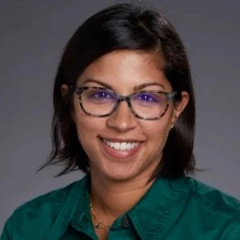 Shoba Ramanadhan, Associate Professor of Social and Behavioral Sciences (HSPH), creates curricular experiences that highlight community partnerships and incorporates diverse student experiences for shared knowledge building in the classroom and within the community. To do this, Ramanadhan integrates principles of
Shoba Ramanadhan, Associate Professor of Social and Behavioral Sciences (HSPH), creates curricular experiences that highlight community partnerships and incorporates diverse student experiences for shared knowledge building in the classroom and within the community. To do this, Ramanadhan integrates principles of 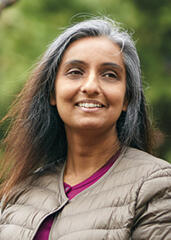 Aisha Yousafzai, Associate Professor of Global Health, launched the
Aisha Yousafzai, Associate Professor of Global Health, launched the 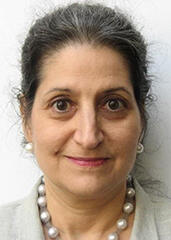 Linda Kaboolian, Instructor at Harvard T.H. Chan School of Public Health
Linda Kaboolian, Instructor at Harvard T.H. Chan School of Public Health Dr. Phuong Pham, Assistant Professor and Director of Humanitarian Studies, teaches the required course for HSPH Humanitarian Studies Concentrators,
Dr. Phuong Pham, Assistant Professor and Director of Humanitarian Studies, teaches the required course for HSPH Humanitarian Studies Concentrators, 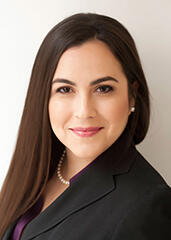 Dr. Monik Jimenez, an Assistant Professor in the Department of Epidemiology, uses different pedagogical approaches to elevate diverse voices and styles of learning. In her
Dr. Monik Jimenez, an Assistant Professor in the Department of Epidemiology, uses different pedagogical approaches to elevate diverse voices and styles of learning. In her 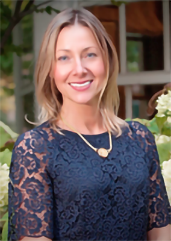 Dr. Carmen Messerlian, Assistant Professor of Environmental Reproductive, Perinatal, and Pediatric Epidemiology, remodeled the department’s gateway
Dr. Carmen Messerlian, Assistant Professor of Environmental Reproductive, Perinatal, and Pediatric Epidemiology, remodeled the department’s gateway 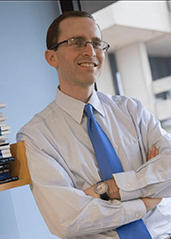 Benjamin Sommers, Professor of Health Policy and Economics, finishes his
Benjamin Sommers, Professor of Health Policy and Economics, finishes his 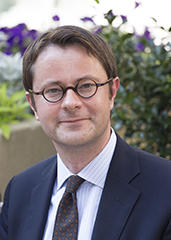 Tyler VanderWeele, John L. Loeb and Frances Lehman Loeb Professor of Epidemiology, uses lectures to integrate and illuminate core concepts, bringing new insights to students and sometimes for his own scholarship in the process. His courses—on
Tyler VanderWeele, John L. Loeb and Frances Lehman Loeb Professor of Epidemiology, uses lectures to integrate and illuminate core concepts, bringing new insights to students and sometimes for his own scholarship in the process. His courses—on  Giovanni Parmigiani, Professor of Biostatistics, selects new scientific articles as well as opinion pieces for freshman seminar course
Giovanni Parmigiani, Professor of Biostatistics, selects new scientific articles as well as opinion pieces for freshman seminar course 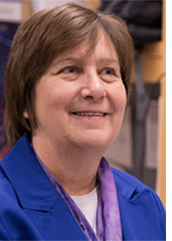 Marianne Wessling-Resnick, Professor of Nutritional Biochemistry, employs active learning strategies including debate, ‘
Marianne Wessling-Resnick, Professor of Nutritional Biochemistry, employs active learning strategies including debate, ‘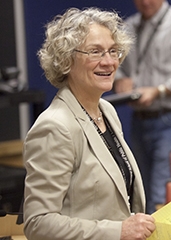 Nancy Kane, Professor of Management and Associate Dean of Case-based Teaching and Learning at the Harvard T.H. Chan School of Public Health,
Nancy Kane, Professor of Management and Associate Dean of Case-based Teaching and Learning at the Harvard T.H. Chan School of Public Health,